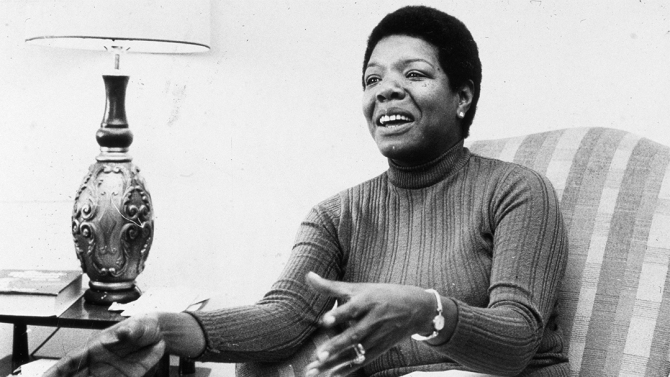One of the major components of white supremacy is entitlement. In addition to racism, white people have felt the need to inject themselves into the lives of people of color. Though they touted segregation, allowing Black people to exist beyond their gaze was something they could hardly bear. Yet, from the moment the first Black person landed on American shores, we’ve learned how to live and thrive beyond the view of the mainstream. The scholar W.E.B. DuBois called it “life behind the veil.” In his latest PBS docuseries, Making Black America: Through the Grapevine, Professor Henry Louis Gates, Jr., travels through the Black experience from the 18th century to the present, unpacking the people, places, and experiences that have helped form who we are as a community.
Helmed by directors Stacey L. Holman and Shayla Harris, the four-part series unpacks everything from establishing Black schools for formally enslaved post-Emancipation, the Harlem Renaissance, all-Black towns, and even Black Twitter. Countless experts and scholars, including Charles M. Blow, Angela Davis, André Holland, Fab 5 Freddie, Jason King, and Killer Mike, also lend their voices to the series.
Continue reading at Shadow and Act.

 Martin Luther King Jr. was shot dead on Dr. Maya Angelou’s 40th birthday. It was her friend Jimmy, or James Baldwin as we know and revere him, that pulled the late writer out of her devastated stupor, dragging her to a party and encouraging to tell her personal truth through the written word. Those words became her critically acclaimed autobiography, “I Know Why The Caged Bird Sings.” It was a book that would forever change the landscape of American literature, redefining what was acceptable for Black women to talk about publically. Two and a half decades later, Dr. Angelou extended that simple act of kindness when she comforted a young artist on a film set. This young man was in turmoil, nearly suffocating to death under a rage that he could not contain; we knew him as the great Tupac Shakur.
Martin Luther King Jr. was shot dead on Dr. Maya Angelou’s 40th birthday. It was her friend Jimmy, or James Baldwin as we know and revere him, that pulled the late writer out of her devastated stupor, dragging her to a party and encouraging to tell her personal truth through the written word. Those words became her critically acclaimed autobiography, “I Know Why The Caged Bird Sings.” It was a book that would forever change the landscape of American literature, redefining what was acceptable for Black women to talk about publically. Two and a half decades later, Dr. Angelou extended that simple act of kindness when she comforted a young artist on a film set. This young man was in turmoil, nearly suffocating to death under a rage that he could not contain; we knew him as the great Tupac Shakur.